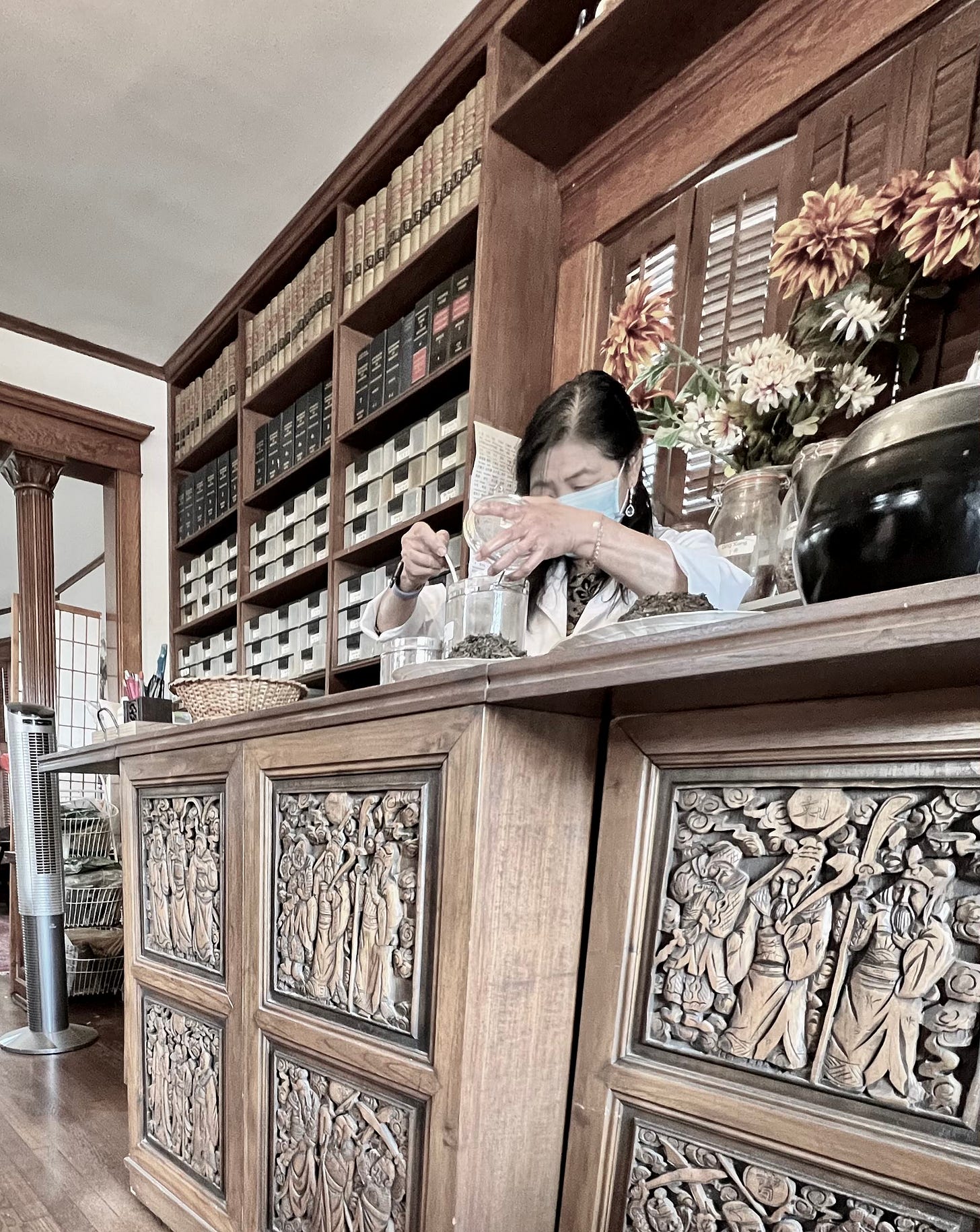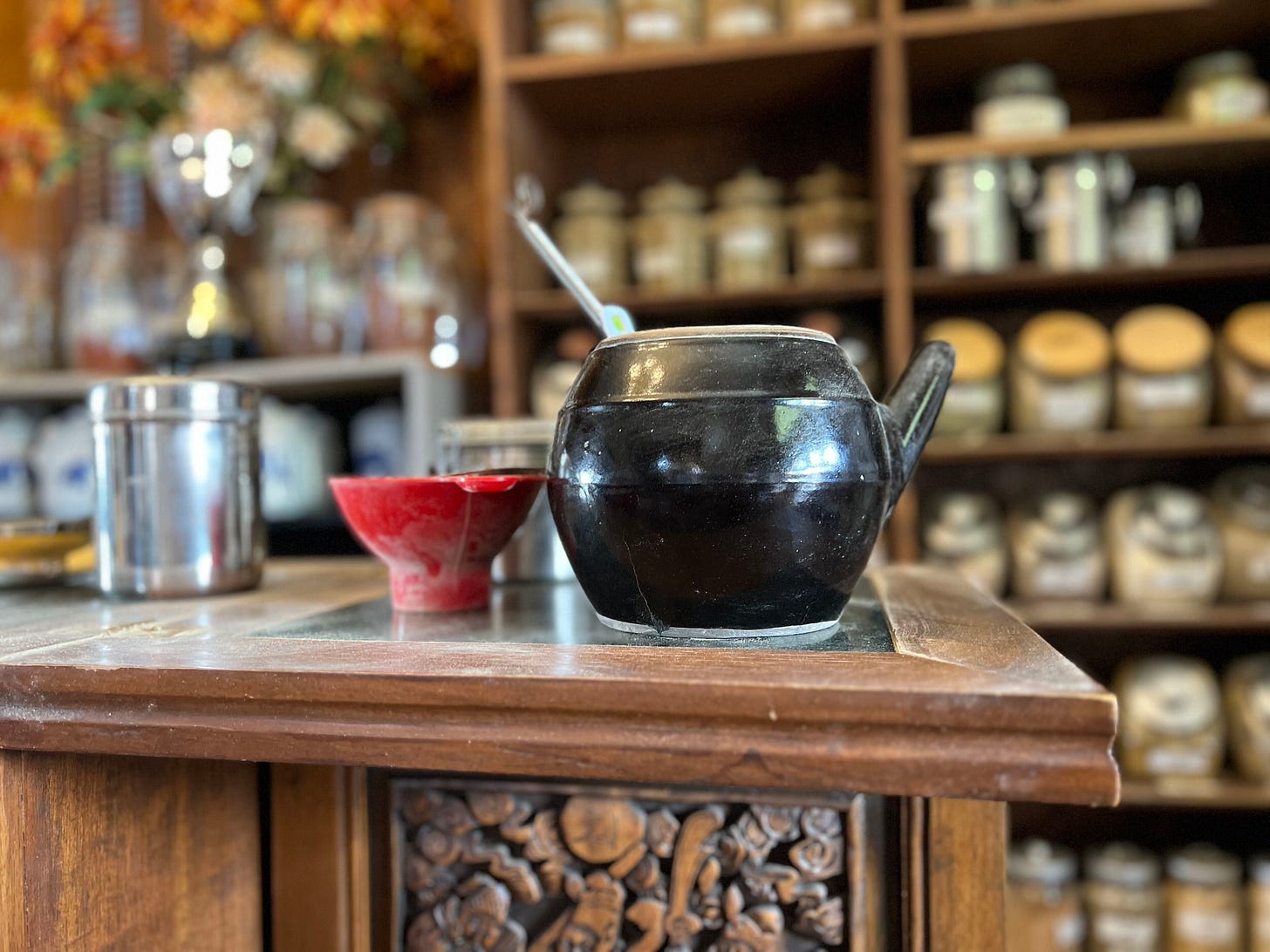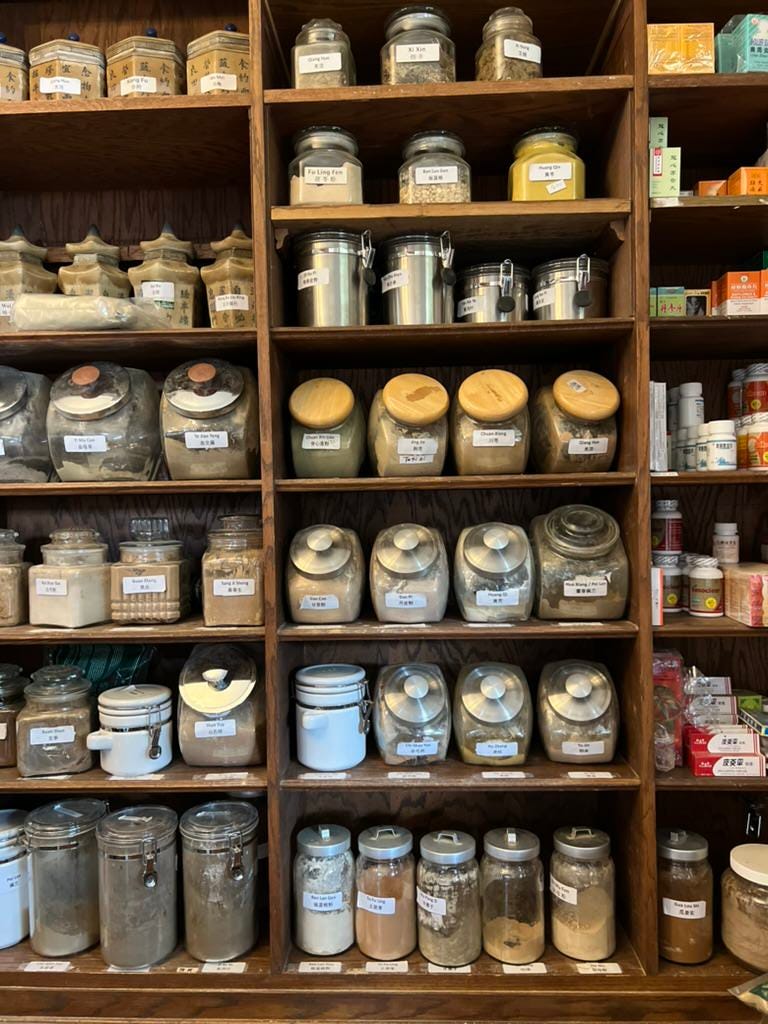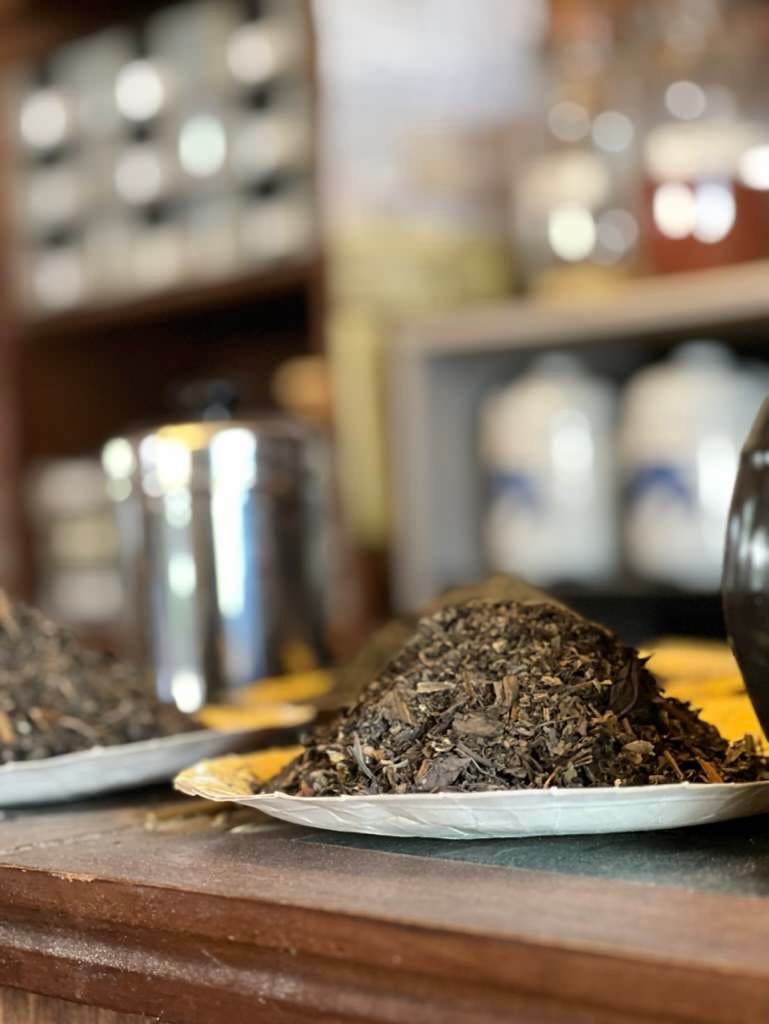To your broken heart
Cradling our heart break softly is the hardest and most effective medicine of all. Here is a blessing for all broken hearted.
Dear fellow traveler,
Today I woke to an aching heart. I probably already went to bed with it. We arrived with the last flight from a family visit in the sunshine state back to Minnesota, from lush greening back to bare branches in slumber. Balancing a sleeping child and too many suit cases we some how managed to fall in bed an hour or so after midnight.
Family visits come with their very special heart ache. Don’t they?
There is joy and there is heart break, there is illness, rifts and misunderstanding lingering under the surface. I do not know another place where joy and heartache so closely intermingle than in families.
And so today, I found myself with an aching heart on the cot of my Chinese doctor who was poking needles into me. While she was doing so she not only opened my skin but also my heart. Are there needles for heart ache, please? My heart hurts from all those tensions endured, from the delicate dance around people’s needs and my own need for peace and appreciation.
I am so grateful for my Chinese doctor. She came into my life when I was the most in need. Hurt by illness and an emergency surgery I was looking for relief and healing which went beyond the scalpel-and-send-home approach of Western medicine.
I longed for care of my whole being, with the wounds in both my body and soul.
When she touched me the first time to diagnose my pulse I almost cried. How rare touch has become in modern medicine! When she looked in my eyes and on my tongue I felt seen.

And though I am new to Chinese Traditional Medicine I began to welcome this journey into a new philosophy and understanding of doing medicine.
For Chinese practitioners there is no strict divide between body and soul. Cutting a gall bladder out is not a routine surgery but rather a great whole person injury. A whole system is injured and needs to be cared for to recover.
While Western medicine still holds on to a machine model with interchangeable parts, TCM looks at us more systemically. It all works together and belongs together. We are more than the combination of our parts. I find much of Hildegard of Bingen’s medieval medical philosophy in the Chinese approach.
And I have come to cherish both medical systems. Both have saved my life. Both still rarely speak to each other. Two pilots crossing like ships in the night. The patient is left to do the hard work of integration herself.
But back to my session of acupuncture and my heart ache.
While pouring out my lament over my doctor she kindly measured my pulse, looked at me and then did chose the placement of the pins. Was it magic? Expertise certainly. And compassion. “Now, relax!” she said like an order leaving me in the quiet room alone with only the needles.
I have never found it easy to relax with needles in my skin, my mind usually drifts like seaweed on the tide. My thoughts wandering with the pull of the waves. When will she come back? Will she come back?
But today was different. I lay there. I was tired. I probably napped. I felt energy circulating in and out, and I felt my heart opening up like opening an old door to an inner room long unseen (remember that crumbling old door?). A wave crushed over me and grief spilled out with a rush of tears.
It was as if my heart break became palpable, touchable, but also strangely open to consolation.
Not clinging to its grief, but willing to release it. Now, I could trace my grief and abandonment back to the heartache of my father. When he was stressed, he often held his hand over his heart in pain before us all, pressing exactly where I now felt the pain. My movements and pain mirrored his. I grew up with his heart failure and the constant fear that he might be gone on a sudden. This was a part of his own heartbreak from being a child of the war. Loss and abandonment were always only a step away.
My father was only a toddler when his mother carried him and his 4 siblings, one still in utero, on the last refugee trek from Poland into Germany, pushed in front of the advancing Russian troops. Dead and half-dead bodies lay pushed to the side of the street streaming with refugees. No one had time to care for them. Those who were alive were all hungry. My family somehow made it to the other side of the river, with the Red Army pushing eagerly after them.
But today, my father wound opened up not with the storm of war trauma, but rather like a tender rain. I thought I had tended it, comforted it, a thousand times. But the heart is a mystical place. It is like peeling away the layers of protection piece by piece, just as Meister Eckhart advises us.
And now, my own writing has caught up with me:
There is no birthing of the deeper self without peeling the self of the old layers.
The heart pain, surely there but hard to locate, was the door which led me to that empty space where my father’s love should be. Heart ache binds families together for better and for worse.
My father grew up in the shadow of WWII as a refugee with an absent father, who was a war prisoner for so long he came back home broken in body and in spirit. His son needed love. There was only cynicism and distance. Where appreciation was sought, there was only belittling criticism.
And so the horror of World War II is somehow still aching in my own broken, fuzzy heart, three generations later, inherited from a broken child. He was not so broken that he could not raise a family and provide for them and become a preacher man. But the legacy still makes a home, and a hole, in my heart.
We do not say “Father” to God because we have fathers, says Kierkegaard.
We do say Heavenly Father because we want our fathers to grow toward the Divine example. It is not projection, but prophesy.
In all the rushing of energy under those needles that clearly needed to be set free at, I suddenly could see the pain of war and the lack of love, handed down across generations. But I also saw the need for a Divine father.
Dear friend, consider this: perhaps the culture-war passion for toxic masculinity is actually a salvation narrative for our father wound. It is a prophetic calling for a redeeming masculinity of strength, compassion, and grace. Perhaps the theology of Holy Father and son is not so much about patriarchy as it is the needed corrective for our healing?
And what else can heal our wounded hearts than the imagination of Divine Love which can hold our broken heart and make it whole again?
So today’s blessing, dear fellow pilgrim is for the broken hearted.
For you who are bearing your father or mother wound, still deeply buried or slowly revealing itself.
It is for you, who’s heart was void of a loving parent or who lost a loving parent too early leaving a deep wound behind.
It is for you who feel abandoned by love or death, and for you, who have been injured religiously, by failed love or by your own misplaced strivings.
This blessing Chuck wrote for one of our Passionweek Consolations is searching for the one, who needs welcome:
A blessing for your Lent:
Oh beloved eyes, cry here, with me.
Oh valiant heart, bleed here, I will hold you.
Oh strong arms, rest here, I will caress you.
Oh busy mind, be still here, I will listen with you.
Oh desolate, wounded, weary, bewildered
Here, you are beloved, welcome, at ease, unburdened.Come to my arms. And rest.
CH
And may Divine love abound in you, Almut with Chuck and little one
PS: As always, if you can, leave a heart or a word or a line that resonated with you, so we know you have been here. 🙏
Thank you for reading, sharing, restacking, recommending and supporting Cloister Notes, a letter for dancing monks, weary pilgrims and wounded healers in the intersection of psychology, philosophy and spirituality.
If you are moved by what you find here, please consider becoming a sustaining subscriber. Your support makes this labor of love possible. Thank you, thank you.
UPCOMING
Holding our sorrows. Join our Passion Week Consolations 2024
Our Passion Week Consolations, born at the onset of the pandemic five years ago, invite you to a sacred time to tend to your heart break and to be consoled by the Divine power of JS Bach’s Passion. Each day, you will receive a brief meditation, reflection or practice, a link to listen and to meditate, as well as some tender guidance to visit your places of sorrow without getting lost in them.
You can follow our Passion Consolations every day (March 24-31) or reserve a day or two during Passion Week to contemplate them in a self-guided retreat.
In order to take part in this communal lamentation I invite you to become a sustaining member (for as little as 5$ a month or some more if you can (founding tier)). This will allow for holding a sacred space to share deeper conversation which can only be accessed by paid members. You can chose to walk quietly along side or engage in our communal consolation.
As a paid subscriber you will not only have access to our Passion Week Consolations but also our next 12 Days of Christmas Contemplations, our full archives, readers’ corner and some more I will add over the year.
We are looking forward to welcoming you on this journey,
Almut with Chuck and little one
<Subscribe for Passion Week Consolations here >
PS: If you do not have the means to become a paying subscriber just yet, please respond to this email and I will comp you in for half a year, no questions asked.
And to my dear readers from monastic communities, let me know if you would like to participate in our Passionweek Consolations and I will comp you in as well.










It's hard enough to make it in this love-starved world alone but lines like this: "I suddenly could see the pain of war and the lack of love, handed down across generations" show that it's fair to wonder what chance we have if misery and pain are riding the cattle cars of intergenerational trauma as well. The Hindus call it Karma, but a rose by any other name...The message of this post is a beacon gnawing at the darkness and hopelessness of this world. Time to send that message to our hearts and minds–it's great food!
Good evening Almut (and Chuck and the Little One)- may there be peace for you all after your journey. So much of what you shared rang true for me.
"I do not know another place where joy and heartache so closely intermingle than in families." Truth here.
The final section about your father and his trauma reminded me of a long conversation I had with a friend today. When we are the recipients of unspoken trauma, I think it is difficult to understand what to do with all that has been handed to you.
Thank you for opening up the conversation, there is much for me to ponder.